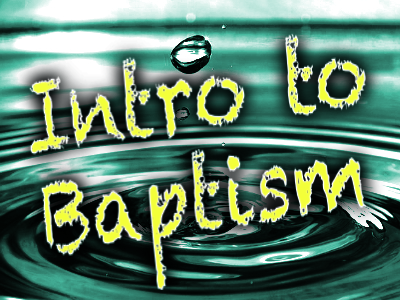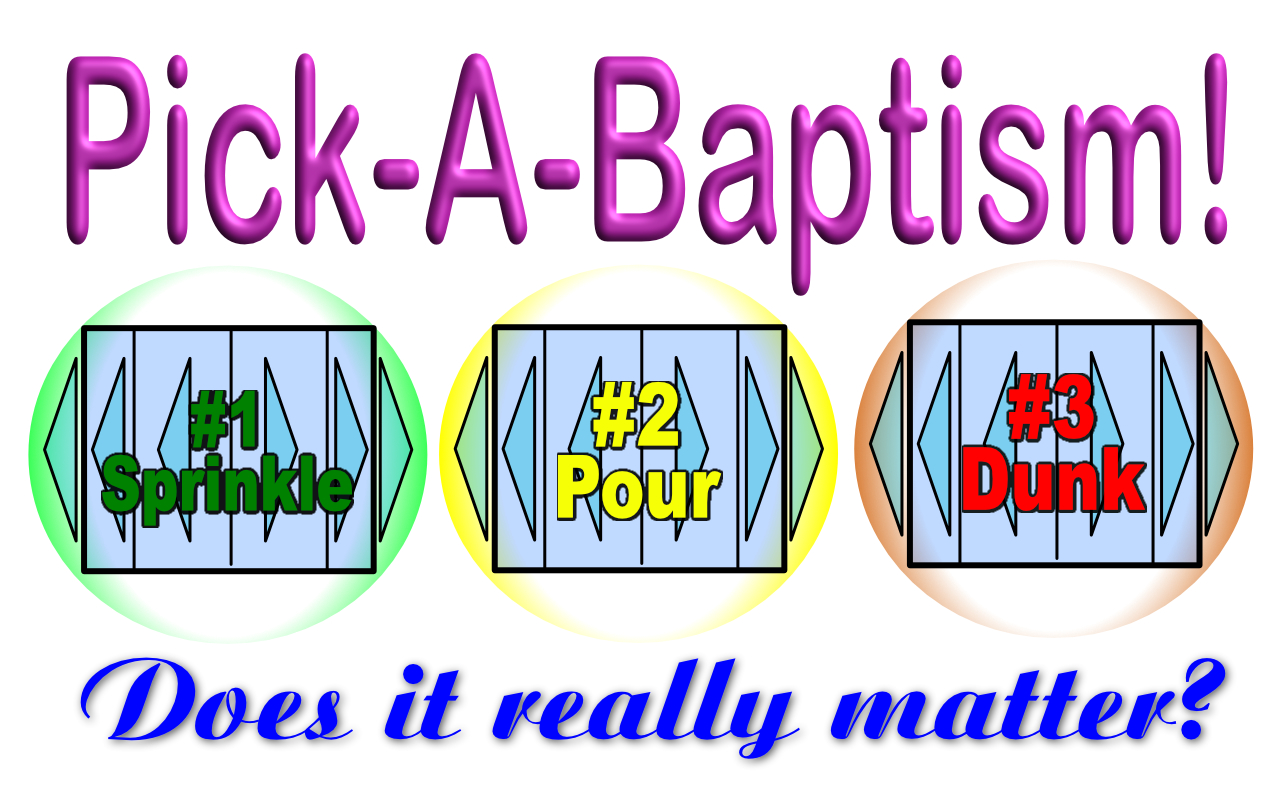
Hello and welcome to A Faith that Obeys Podcast. If you are just joining us here, let me bring you up to speed on where we are in our lengthy series about water baptism which we started back in Podcast 012 – The Proponents.
We began by reviewing a good number of objections to baptism as a part of the salvation experience, then we looked at infant baptism and original sin, followed by the methods of baptism in our last podcast. Today, we enter the home stretch of our series as we begin to discuss the purpose of water baptism as revealed in the New Testament.
In our last Podcast, we learned the correct method of baptism is by complete immersion in water. A person submits themselves to this activity after they experience the four other steps in the Biblical Plan of Salvation. In this plan, we see that someone who wants to become a disciple of Jesus must hear the Gospel, accept the Gospel, repent of their sin, confess with their mouth (and with their repentant lifestyle) “Jesus is Lord,” and then make the decision to take the final step of obedience to Christ’s command and be baptized.
Before we begin our study about the pro-proponents side of the argument, I want to do a little reset and take a 30,000 foot review of our debate topic and then move into the scriptures which teach us about the nature and purpose of water baptism.
As we have seen in our study about the debate of whether water baptism is necessary for salvation, we find two clearly defined responses to that question. “Yes it is.” And. “no it is not.”
A Quick Review
In the first part of this series, we took a long, careful, honest and thoughtful look at the reasons our first group of proponents say “No, water baptism is not necessary.” We used a really good article from GotQuestions.Org as our framework. I think the author did an admirable job of presenting the classic argument and used a good number of scriptures to support his view. Even before I discovered his article, I was very familiar with each of the claims and very familiar with the approach. The information was nothing new or surprising. He used the same common answers and common scriptures evangelicals usually employ for this debate but I think it was organized very well.
Three Problematic Tactics
In this debate, Evangelicals use three tactics to form their conclusions. The first tactic is they label baptism a “work of man” and dismiss it as a requirement based on that claim. As we have seen, it is impossible for baptism to be a command of Christ and a work of man at the same time. The two are mutually exclusive. If we start our reasoning with that false premise, “baptism is a work,” the conclusion is false as well.
The second tactic involves the scriptures they choose to explain why baptism is not necessary. These scriptures, by-and-large, are not about baptism at all. In fact, in all but one of the scriptures our author used in his presentation, the word baptism was never even mentioned. Anti-baptism proponents tend to avoid the multitude of scriptures which speak directly and specifically about baptism. How can we possibly build a credible case while avoiding the very scriptures which speak clearly on that topic, using that word?
Click here to read the rest of this post.








